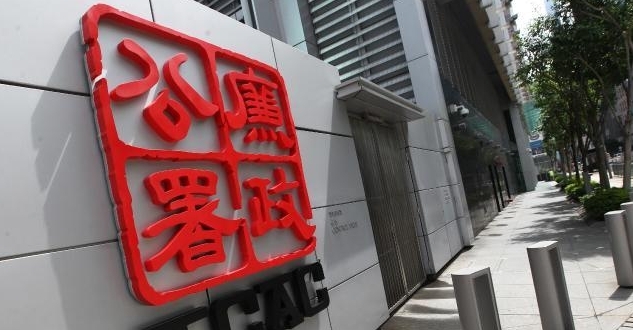When I read about the Panama Papers, my mind went back to what I used to do at 11:15am every day as a court news reporter.
11:15am is when the court took its morning break, giving me a moment to run searches on the corporate entities in the lawsuits that had just come in. I’d log into the Companies Registry, plug in the name of company A, find its shareholders were companies B, C and D, then run company and land searches on those companies. I’d repeat this over and over until I reached a dead end, and the result was often predictable. I’d end up with entities which – what do you know – were registered in the British Virgin Islands, Bermuda or the Cayman Islands. I’d determine there was nothing more I could do and move onto the other things on my docket.

That might be how many of us in Hong Kong, particularly in the finance, accountancy and legal sectors, think about offshore companies. The idea of holding assets and wealth in such companies can be so ubiquitous that we are numb to the idea. We might come into contact with them, even actively work with them and use them, but then, that’s all in a day’s work — and there was always a lot of work.
What we know so far from papers leaked from Mossack Fonseca is both staggering and, at the same time, not at all surprising. Hong Kong has the highest number of intermediaries – banks, accountants and law firms – serving the Panama-based firm’s clients compared to other countries. This is staggering because it puts us, a city of 7.2 million, ahead of whole countries, including the United Kingdom, Switzerland, the United States and Luxembourg. But it’s also not surprising, because it merely confirms what we’ve known all along: that we are at the forefront of an extremely lucrative enterprise that helps companies and individuals, including world leaders and the super-rich, put their assets and wealth beyond the reach of regulators.
Is there anything wrong with that?

Legally, no. Not unless regulators find the funds are illicit proceeds or evade tax laws. The very point of using tax havens is finding a legal route to holding assets outside the jurisdiction, and that is where lawyers, bankers and accountants come in – to make sure everything is shipshape. Chan Ka-keung, secretary for financial services and the treasury, is right when he says Hong Kong has kept to its “strict principle of anti-money laundering”. And as the International Consortium of Journalists, which revealed the Panama Papers, have acknowledged, there are perfectly legitimate reasons for using offshore companies, including estate planning, inheritance and to get around hard currency restrictions.
If we are comfortable with this, then we can move onto all the other things we have to do.
If we are not, then we’d have every reason to linger.
In November, Hong Kong ranked second behind Switzerland in the Tax Justice Network’s financial secrecy index. Initial indications are that Hong Kong’s institutions and intermediaries played a key role. When the ICIJ releases a full list of companies involved in May, we will know just how far that goes.

Are we comfortable that our institutions, and we as the individuals within them, make it possible for people and corporations to hide from regulators and tax authorities, and to hide their beneficial ownerships so as to conceal their identities? What if the paper trail leads to 140 politicians and officials, as they have in the ICIJ investigation? What if they link to associates and relatives of Chinese President Xi Jinping and former Chinese Premier Li Peng? What about an associate of Russian President Vladimir Putin, the wife of Iceland Prime Minister Sigmundur David Gunnlaugsson, or Azerbaijani President Ilham Aliyev? What if they involve parties suspected to have financed terrorism and nuclear weapons proliferation? Are we willing to say, like Mossack Fonseca has, that we are “no more culpable than an automobile factory that built a car later used in a robbery” and that “setting up companies is not a sin”?
We pride ourselves on professionalism and efficiency in our prized industries – the financial, legal and accountancy services – and rightly so. We’ve built up a transparent, well-regulated and efficient place to do business, rooting out corruption with the Independent Commission Against Corruption in the 1970s and 1980s, maintaining a robust legal system, and training generations of top-class accountants, lawyers and financial advisors.

We like to think that we are service providers. If our lawyers, accountants, bankers, conveyancers and company formation agents didn’t serve our clients, they would take their business elsewhere.
Of the 14,000 intermediaries that served Mossack Fonseca’s clients, 2,212 operated in Hong Kong. Over four decades, they incorporated 37,675 offshore entities, the most of any country. It’s likely that a lot of them involved run-of-the mill dealings and people we couldn’t care less about. But it’s also likely that there were dealings that are less innocuous.
At some point, someone must have noticed something that should have made it impossible to just move on to the next thing, and that goes for those directly involved, journalists like me, and anyone else who takes a minute to think about how involved we as a community are. Likewise our officials might consider how we can have better oversight in order to recapture any taxes that might have been lost. The Panama Papers might be the wake-up call we all need.
